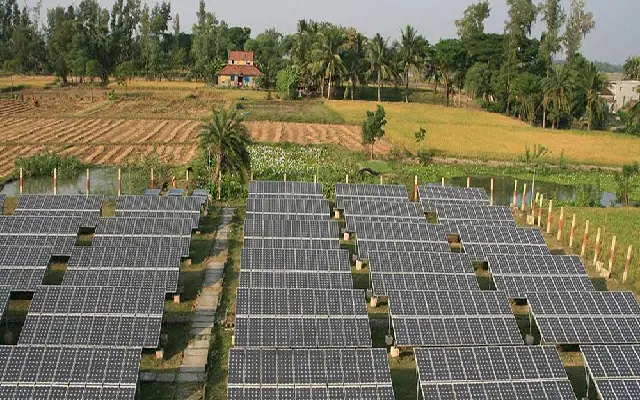As India grapples with soaring temperatures and surging electricity demand, a collaborative report by the Institute for Energy Economics and Financial Analysis (IEEFA) and Ember sheds light on the nation’s energy journey. The report reveals a mix of promising strides and daunting hurdles as states strive to embrace cleaner electricity sources.
Leading the Charge: Karnataka and Gujarat
Karnataka and Gujarat emerge as trailblazers in the transition to cleaner energy, showcasing unwavering commitment to integrating renewable sources. Their success underscores the transformative potential of clean energy adoption, setting a precedent for others to follow.
Challenges Across the Nation
However, the transition towards decarbonization is uneven across India. States like Jharkhand, Bihar, West Bengal, and Uttar Pradesh grapple with slower progress, highlighting the urgent need for tailored plans and increased investment in renewable infrastructure. Policymakers and stakeholders are urged to prioritize clean energy deployment in these regions.
State-Level Assessments and Granular Strategies
Experts emphasize the importance of state-level assessments to understand the nuances of India’s energy transition. Delhi and Odisha exemplify this duality, underscoring the need for holistic strategies that align regulatory frameworks with tangible progress.
Addressing Systemic Barriers
Even states showing considerable progress face hurdles in market enablers and readiness. Kerala, Haryana, Andhra Pradesh, Punjab, and Maharashtra highlight the need for a multifaceted approach to overcome systemic barriers and foster innovation.
Call for Action: Strengthening Regulations and Collaboration
To accelerate progress, the report advocates for strengthening state-level regulations and fostering collaboration in policy implementation. Transparency and accountability are deemed essential for effective execution, as emphasized by experts like Saloni Sachdeva Michael.
Charting the Path Forward
India stands at a pivotal moment in its energy transition. Empowering states, strengthening regulations, and fostering innovation are crucial steps towards a sustainable energy future. By harnessing the collective power of states, India can accelerate towards universal access to clean and affordable electricity.




